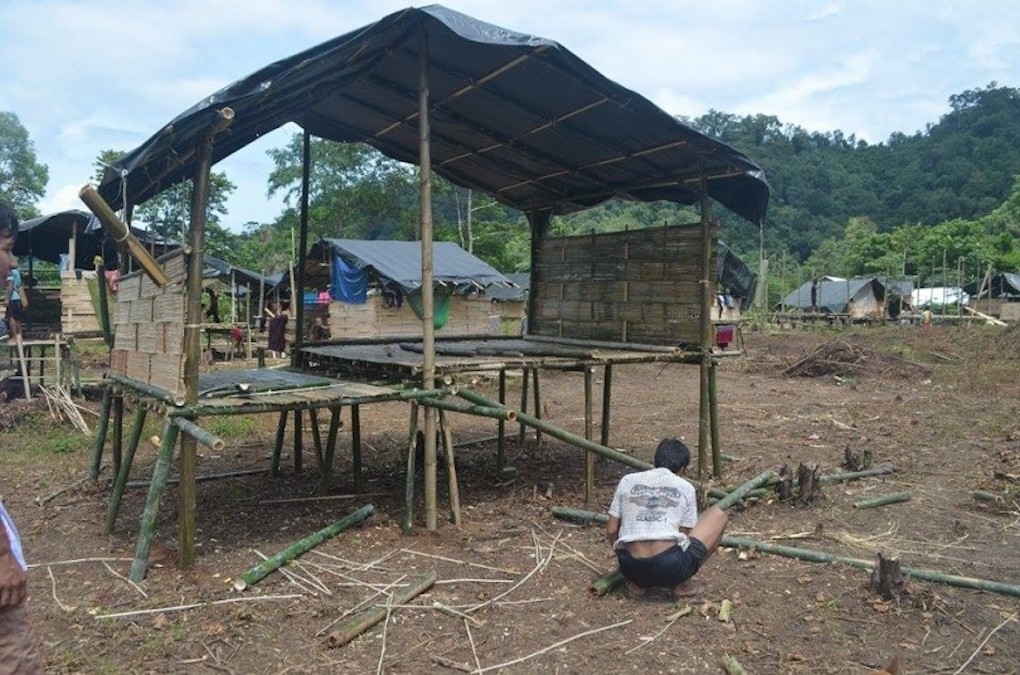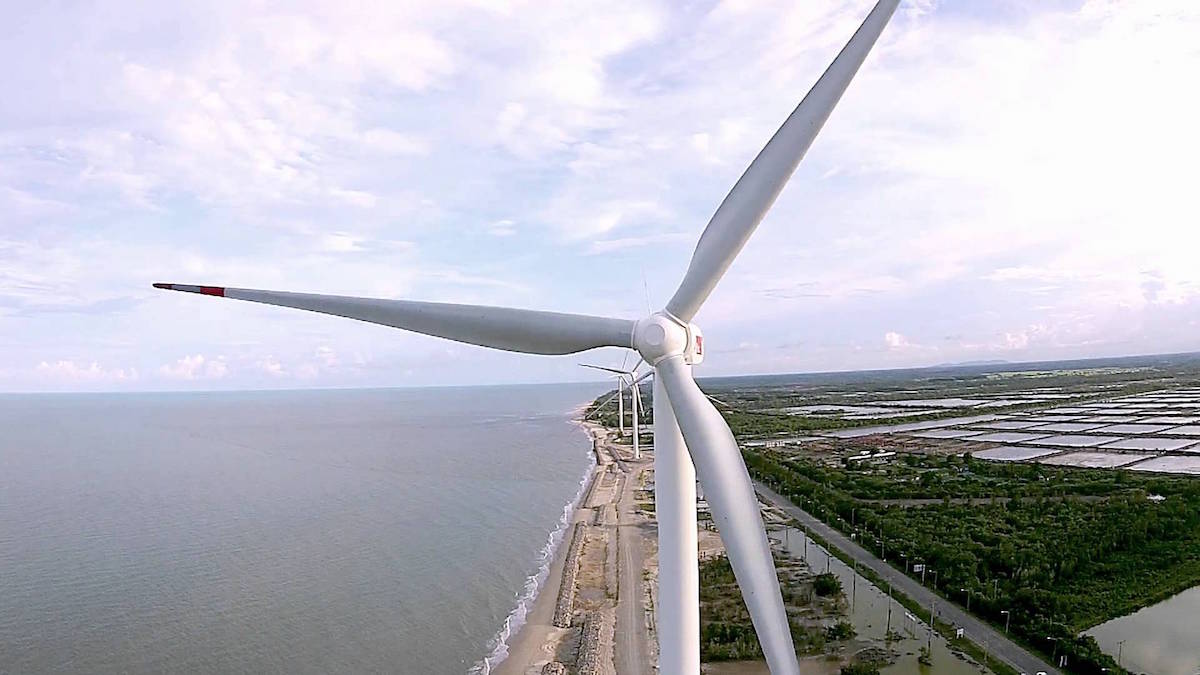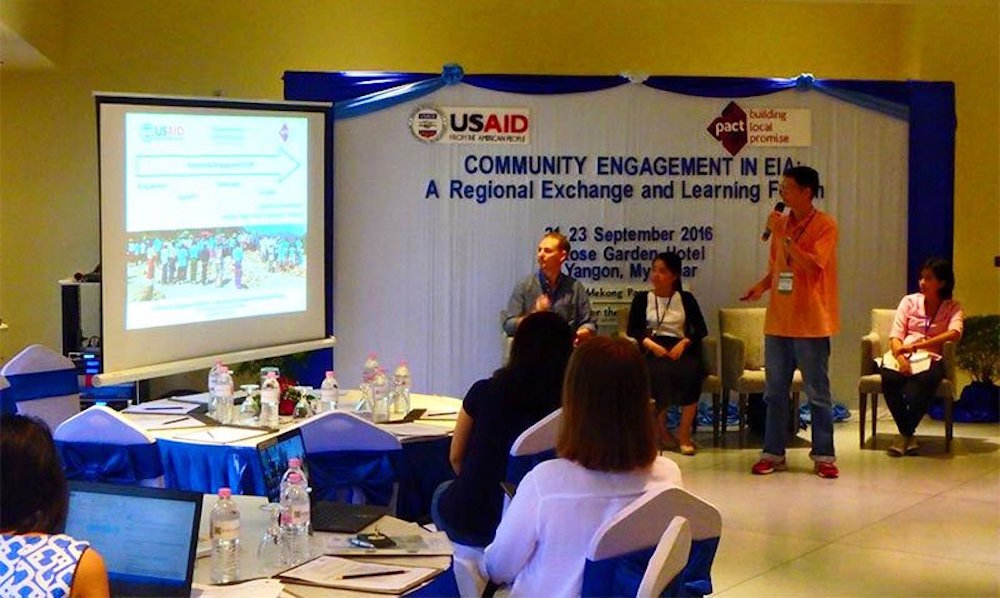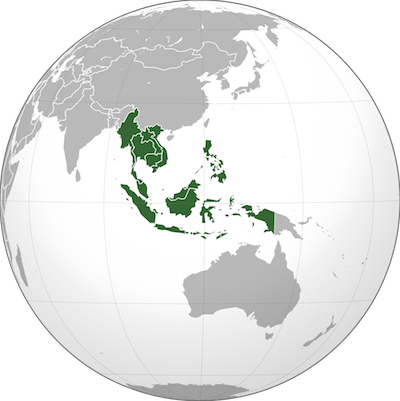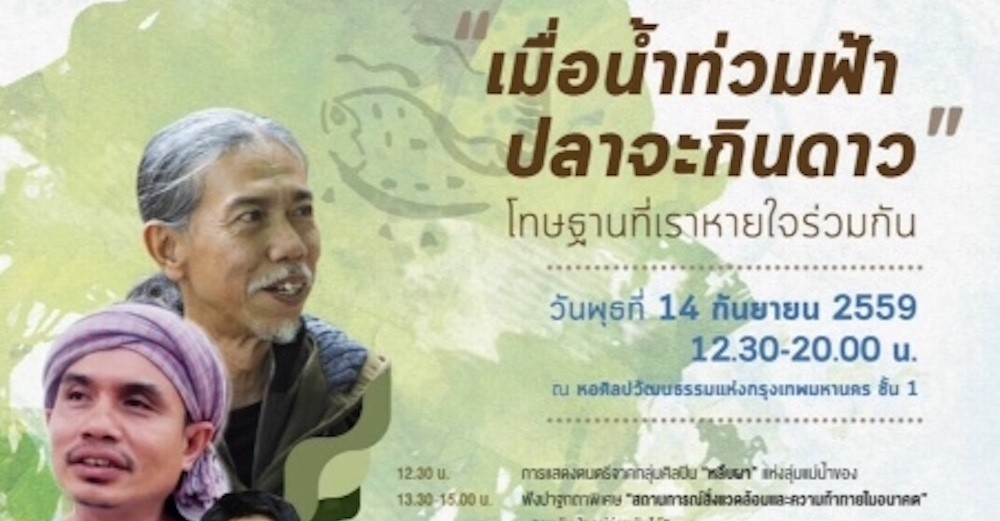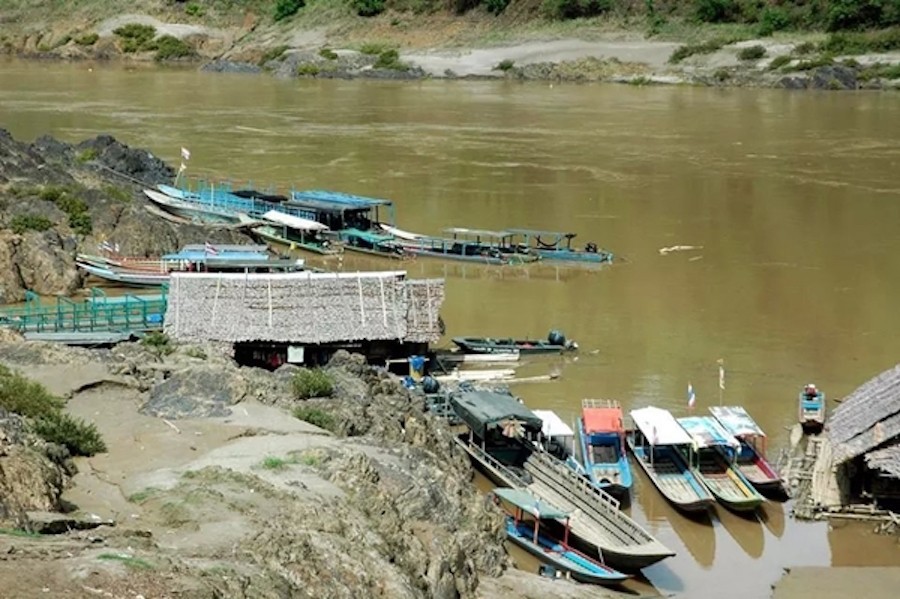AS MANY as 10,000 people in Kayin State in Myanmar have been displaced due to fighting over the Hat Gyi Dam construction site, as plans move forward to begin building on the Salween River.
Activists have reported a human rights crisis in the area as more than 1,000 refugees have been trapped in two small villages near the border with Thailand and lack proper housing, basic facilities and food.


